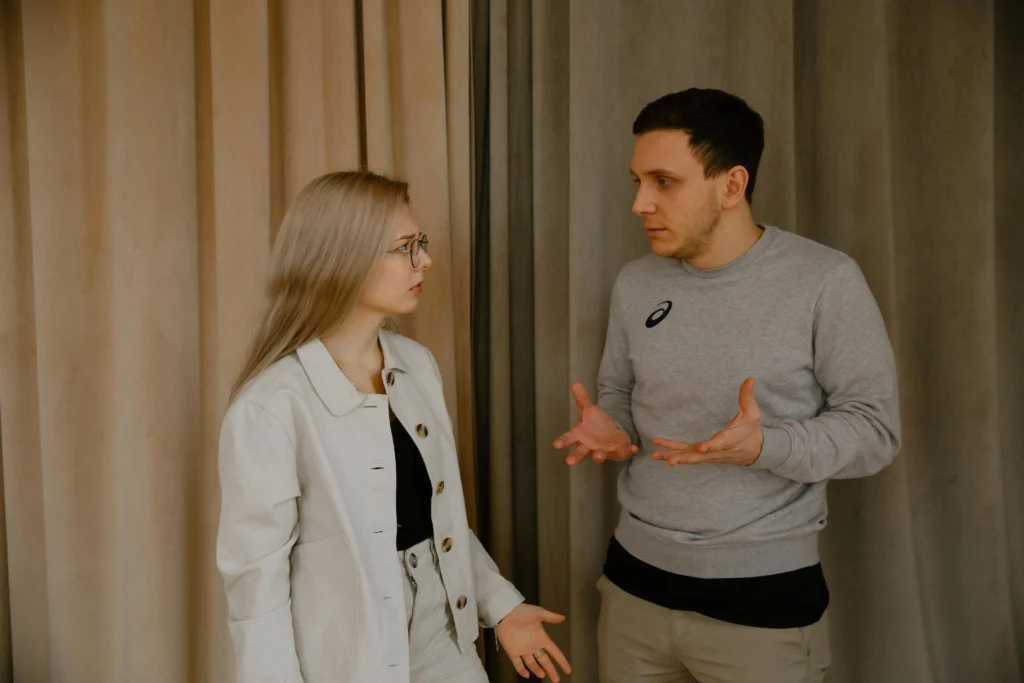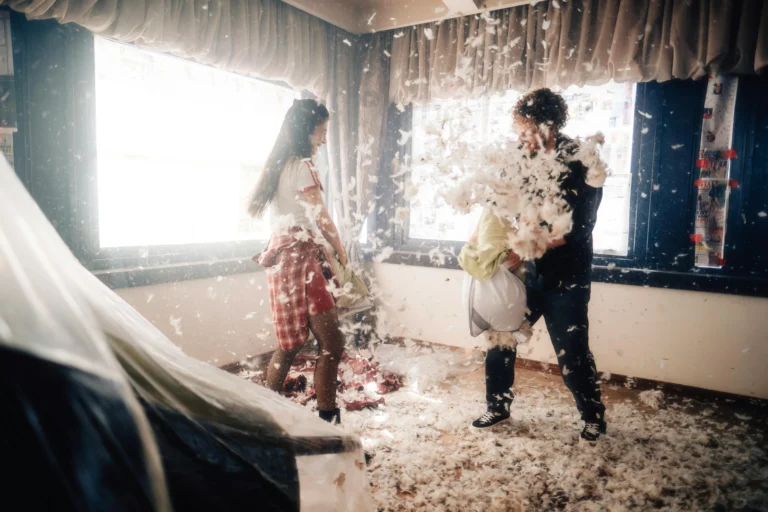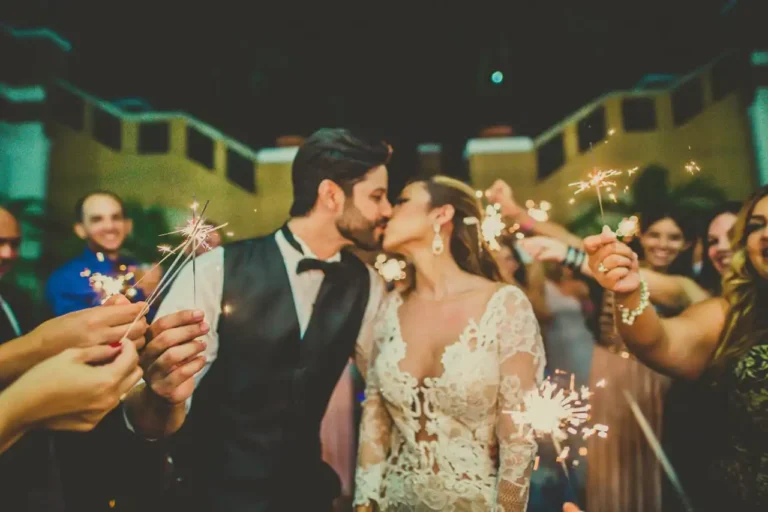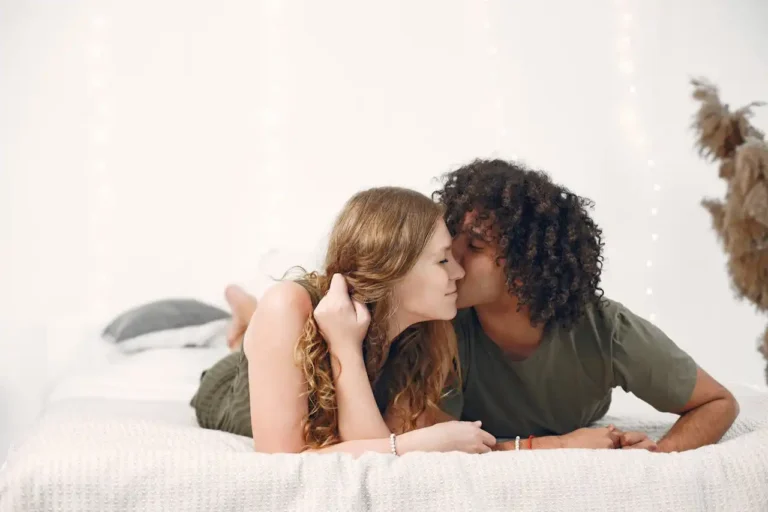My Husband Never Does Anything Special For Me – Here Are The Reasons
Feeling like your husband never goes out of his way to make you feel special can leave you hurt and questioning your marriage.
Understanding the reasons behind this behavior helps you address the issue constructively rather than letting resentment build over time.
1. He Speaks a Different Love Language

Your husband might express love in ways you don’t recognize as special gestures.
While you crave romantic surprises, flowers, or planned dates, he shows love through acts of service like fixing things around the house, working extra hours to provide for the family, or handling practical responsibilities.
He genuinely believes that taking care of the car maintenance, managing finances, or doing yard work demonstrates his love and commitment.
These actions feel significant and meaningful to him, even though they don’t register as romantic gestures to you.
The disconnect happens when neither of you understands how the other receives and interprets love.
He might feel confused or hurt that you don’t appreciate his practical contributions, while you feel emotionally neglected despite his efforts in other areas.
Learning about love languages and discussing your different styles of expressing affection can bridge this gap and help you both feel more valued and understood in your relationship.
2. He Doesn’t Realize What You Consider “Special”

Many husbands operate under the assumption that if their wives want something specific, they’ll ask for it directly.
He might not understand that you want him to take initiative, plan surprises, or anticipate your needs without explicit instructions.
Your definition of “special” might be completely different from his.
While you dream of surprise weekend getaways or thoughtful gifts, he might think that not forgetting your birthday or anniversary constitutes going above and beyond in the romance department.
He may have grown up in a family where expressions of love were more understated or practical, making grand romantic gestures feel foreign or unnecessary to him.
His reference point for what marriage looks like might not include the kind of special treatment you’re hoping for.
Without clear communication about your expectations and desires, he continues operating according to his own understanding of what makes a good husband, which might not align with your romantic needs.
3. He Takes Your Relationship for Granted

The comfort and security of marriage can lead to complacency, where your husband assumes your love and commitment are permanent fixtures that don’t require ongoing romantic investment.
He might believe that the hard work of courtship ended once you got married.
Daily routines and responsibilities can overshadow the romantic aspects of your relationship.
He becomes focused on practical matters like work, bills, and household management, forgetting that you still need to feel courted and cherished even after years of marriage.
This complacency often develops gradually as the excitement of new love settles into comfortable routine.
He might not even realize he’s stopped making special efforts until you point it out, having unconsciously shifted into “maintenance mode” rather than “growth mode” for your relationship.
The assumption that you know he loves you, so he doesn’t need to show it regularly, reflects a fundamental misunderstanding of how romantic relationships require ongoing nurturing and attention to thrive.
4. He’s Overwhelmed by Daily Stresses
Work pressure, financial concerns, health issues, or family responsibilities might consume so much of your husband’s mental and emotional energy that he has little left for planning special gestures or romantic surprises.
When someone operates in survival mode, dealing with immediate crises and obligations, romance often gets pushed to the bottom of the priority list.
He might genuinely want to do special things for you but feel too exhausted or stressed to plan or execute meaningful gestures.
The mental load of adult responsibilities can be overwhelming, leaving him feeling like he’s barely keeping up with basic requirements, let alone adding romantic flourishes to your relationship.
He might view special gestures as luxuries he can’t afford during stressful periods.
This stress-related neglect of romance often becomes a cycle, where the lack of connection and special moments creates additional relationship stress, making it even harder to prioritize romantic gestures and quality time together.
5. He Fears Getting It Wrong
Previous attempts at romantic gestures that didn’t land well might have discouraged your husband from trying again.
If he planned a surprise that you didn’t enjoy or gave gifts that missed the mark, he might feel defeated and unsure how to please you.
Some men become paralyzed by the pressure to create perfect romantic moments, especially if they’ve received criticism or lukewarm responses to past efforts. \
The fear of disappointment or failure can prevent them from taking romantic risks altogether.
He might worry that his ideas aren’t creative enough, expensive enough, or thoughtful enough to meet your expectations.
This performance anxiety around romance can make him avoid the arena entirely rather than risk another unsuccessful attempt.
The perfectionist mindset that leads to “all or nothing” thinking convinces him that if he can’t do something spectacular, he shouldn’t do anything at all, which paradoxically ensures that special gestures never happen.
6. He Doesn’t Feel Appreciated for What He Does Do
Your husband might contribute to your relationship and family in ways that feel invisible or unacknowledged to him.
If he feels his daily efforts go unnoticed, he might be less motivated to add special gestures on top of his existing contributions.
He could be operating under the belief that appreciation flows both ways, and if he doesn’t feel valued for his current efforts, why should he do more?
This creates a standoff where both partners feel unappreciated and withhold additional effort.
Men often feel unrecognized for behind-the-scenes work like earning income, handling repairs, managing certain household responsibilities, or making sacrifices for the family’s well-being.
When these contributions feel taken for granted, romantic effort can feel pointless.
The emotional logic becomes: “I already do so much that she doesn’t seem to notice or appreciate, so why would doing more special things make any difference?”
This mindset prevents additional romantic investment.
7. He Has Different Priorities for the Relationship
Your husband might prioritize stability, security, and practical partnership over romance and special gestures.
In his mind, being a reliable provider, faithful spouse, and responsible partner demonstrates love more effectively than romantic flourishes.
He may believe that actions like maintaining steady employment, being present for family obligations, and handling his share of responsibilities constitute the most important ways to show love in a marriage.
Romance feels secondary to these fundamental commitments.
Cultural or family background might have taught him that love is demonstrated through duty, loyalty, and provision rather than through romantic gestures and emotional expression.
His framework for successful marriage might not include regular special treatment.
This difference in priorities doesn’t mean he loves you less, but rather that he channels his love through different expressions that feel more meaningful or important to him than romantic surprises.
8. He Struggles with Emotional Expression
Some men have difficulty expressing emotions or understanding the emotional needs of their partners.
Your husband might genuinely love you but lack the skills or comfort level necessary for planning and executing meaningful romantic gestures.
Upbringing that discouraged emotional expression or emphasized stoicism over sentimentality can leave men feeling awkward and uncertain about romantic displays.
He might want to do special things but feel embarrassed or uncomfortable with overtly emotional gestures.
The vulnerability required for thoughtful, personal romantic gestures might feel threatening to someone who has learned to keep emotions private or controlled.
He might worry about appearing foolish or overly sentimental.
This emotional discomfort can make him default to practical expressions of love that feel safer and more within his comfort zone, even though they don’t meet your romantic and emotional needs.
9. He’s Dealing with Depression or Low Energy
Mental health issues like depression, anxiety, or chronic stress can significantly impact someone’s ability to plan special activities or maintain romantic energy in relationships.
Your husband might be struggling with internal battles that make romance feel impossible.
Depression often robs people of motivation, creativity, and emotional energy needed for thoughtful gestures.
Even if he recognizes that you need more romance in your relationship, he might lack the mental resources to address this need.
Low-grade chronic stress or burnout can have similar effects, leaving him feeling emotionally depleted and unable to muster the enthusiasm necessary for planning surprises or romantic activities.
Physical health issues, sleep problems, or medication side effects might also contribute to low energy and reduced capacity for romantic effort, creating a cycle where relationship neglect makes both partners feel worse.
10. He Assumes You Don’t Want or Need Special Treatment
Your husband might misinterpret your independence, strength, or practical nature as evidence that you don’t want or need romantic gestures.
If you handle many things yourself and rarely express vulnerability, he might conclude that romance isn’t important to you.
Strong, capable women sometimes inadvertently signal that they don’t need special treatment, leading their partners to focus their energy elsewhere.
He might respect your independence so much that he doesn’t realize you still want to feel cherished and romanced.
Past comments about not needing flowers, expensive gifts, or elaborate dates might have convinced him that you prefer practical over romantic.
He might be trying to respect what he perceives as your preferences rather than ignoring your needs.
The irony is that your competence and self-sufficiency might make him feel less needed in romantic ways, when what you actually want is for him to choose to romance you despite your independence.
11. He’s Never Learned How to Be Romantic
Some men simply lack education or experience in romantic gestures. If his parents’ marriage wasn’t particularly romantic, or if he’s never had models for thoughtful partnership, he might genuinely not know how to plan special experiences or choose meaningful gifts.
The skills involved in romance – anticipating someone’s needs, planning surprises, selecting thoughtful gifts, creating memorable experiences – aren’t innate and must be learned through observation, practice, or instruction.
He might feel overwhelmed by the pressure to be romantic without having a clear roadmap for what that looks like in practice.
The gap between wanting to make you happy and knowing how to do it can feel insurmountable.
This knowledge gap can be addressed through conversation, examples, and patience as he learns what kinds of gestures feel special and meaningful to you specifically.
12. He’s Focused on Long-Term Security Over Short-Term Romance
Your husband might channel his energy into building long-term financial security, career advancement, or future planning rather than current romantic gestures.
In his mind, working toward a comfortable retirement or stable future demonstrates love more effectively than present-day romance.
The mentality of “I’m working hard now so we can enjoy life later” can lead to postponing romantic investment in favor of practical preparation for the future.
He might believe that romance is a luxury that can wait until other priorities are secured.
This future-focused approach can leave you feeling neglected in the present, even though his intentions center on long-term care and provision for your relationship.
The timing mismatch creates tension between immediate emotional needs and future security.
Understanding his perspective can help you negotiate a balance between future planning and present-day romantic connection that meets both of your needs and priorities.
13. Financial Stress Prevents Special Gestures
Money worries might make your husband reluctant to spend on what he perceives as non-essential romantic gestures.
If finances are tight, he might feel guilty about spending money on flowers, dates, or gifts when that money could go toward bills or savings.
The association between romance and expense can prevent him from recognizing that many meaningful gestures cost little or nothing.
He might avoid all romantic efforts because he can’t afford the elaborate ones he thinks you expect.
Financial stress can also create a mindset where every purchase requires careful justification, making spontaneous romantic spending feel irresponsible or anxiety-provoking.
The mental energy spent managing money might leave little room for creative romantic thinking.
Discussing budget-friendly ways to show love and creating a small romantic spending allowance can help address this barrier while respecting legitimate financial concerns.
14. He’s Waiting for Your Initiative
Some husbands fall into the pattern of following rather than leading in romantic matters.
If you’ve historically planned most special occasions or taken charge of social activities, he might be waiting for your cues rather than taking independent initiative.
This reactive approach can develop when one partner consistently takes the lead, causing the other to assume that’s the preferred dynamic.
He might think you enjoy planning and controlling romantic activities and doesn’t want to interfere with your system.
The habit of waiting for direction can persist even when you’d prefer him to take more romantic initiative.
He might need explicit permission or encouragement to step into a more proactive romantic role in your relationship.
Breaking this pattern requires clear communication about your desire for him to take more romantic leadership and patience as he develops comfort with this new dynamic.
Understanding and Addressing the Issue
Recognizing these potential reasons helps you approach the conversation with your husband from a place of understanding rather than accusation.
Many of these issues stem from miscommunication, different perspectives, or external stressors rather than lack of love or care.
The solution often involves honest discussion about needs, expectations, and obstacles, followed by collaborative problem-solving that addresses both partners’ concerns and limitations.
Consider which reasons might apply to your specific situation and approach your husband with curiosity about his perspective rather than assumptions about his motivations. This creates space for productive dialogue and positive change.
Remember that changing relationship patterns takes time and patience from both partners.
Focus on progress rather than perfection as you work together to create more romance and special moments in your marriage.
Conclusion
Understanding these reasons empowers you to address the issue constructively, opening dialogue that can transform your relationship dynamics.







